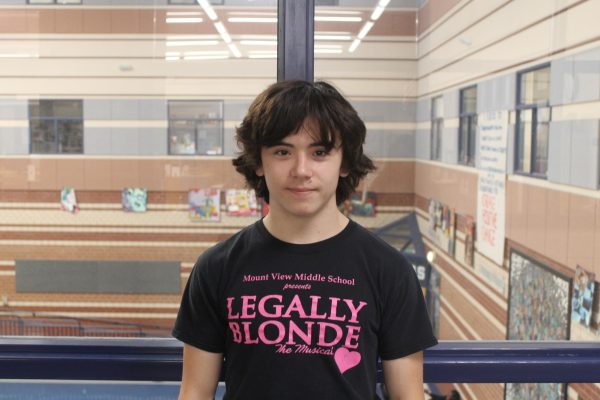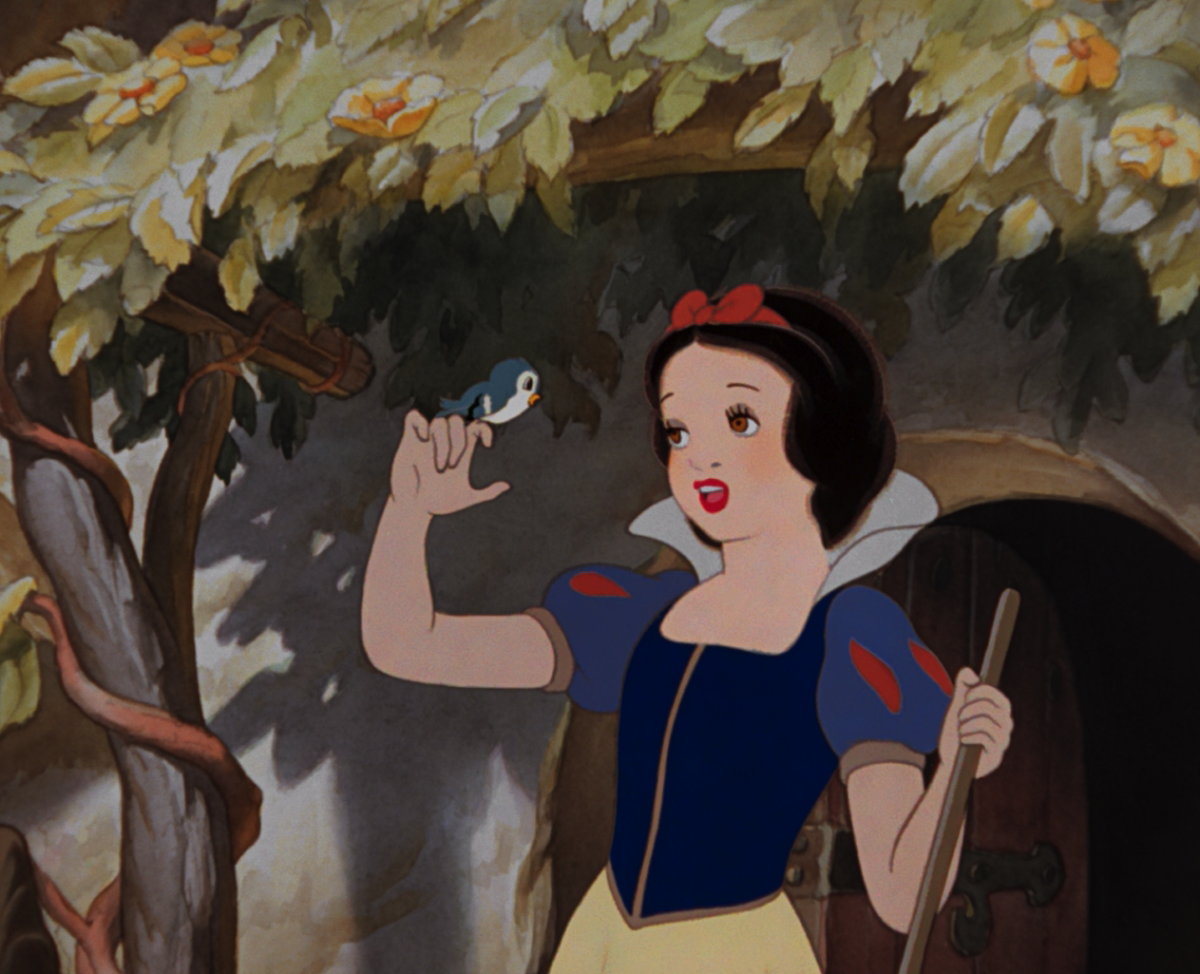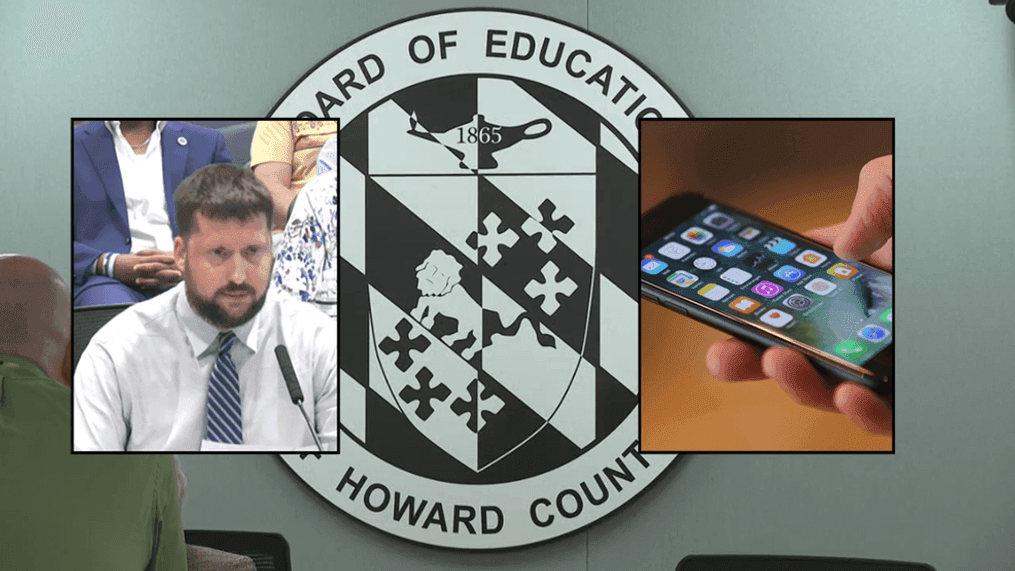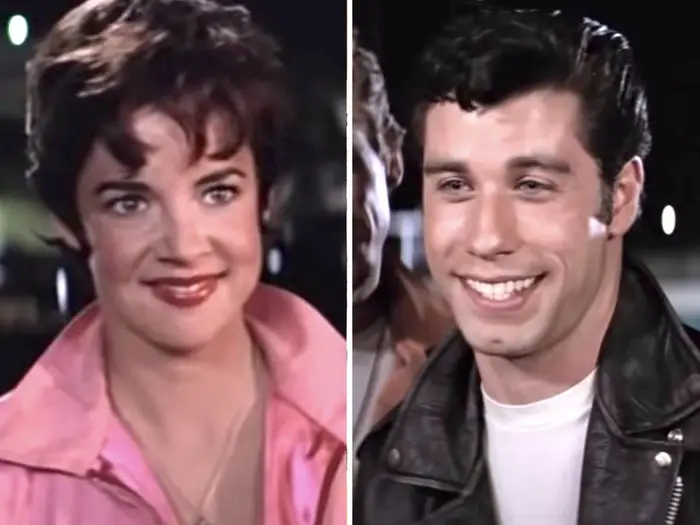Some kind words. A vote in a petition. A small revision to club policies. These are all ways in which students can make changes to their high schools during their four-year tenure. Every student holds a potential influence over their school community, whether they recognize it or not. Student impact is not limited to monumental achievements; it is often made up of small steps that, over time, leave a lasting mark. When students choose to take initiative to improve their school environments, they are not merely bettering conditions for themselves; these students are improving the school for generations to come.
Change at a school does not happen all at once. Incremental improvement over time is what allows schools to grow and reflect modern and ever-changing worldviews and cultures. Too often, students fall into the trap of thinking that other people will improve things for them. This mindset is reinforced by the modern school environment, which, at least at MRHS, does not take significant strides to enable student voice. Official avenues for change exist, but students must be careful to avoid the false impression that these methods which preach their advantages openly are actually the best or only way for students to speak out.
The importance of student action cannot be overstated. In the words of Senior Aadi Doshi, “Students shouldn’t just try to change the system for the sake of changing the system. However, when the majority of students recognize something is inherently wrong with the school’s systems, it should be their obligation to try to change it for the better. If nobody speaks out, nothing will ever get done. Someone has to be willing to take action for the causes they believe in, and if people agree with the cause, they will stand in solidarity.” Many people might assume they cannot make a change because of a lack of proper avenues, but in truth, the power of the people and the majority can be leveraged. Petitions, walkouts, and other movements are effective when used with purpose. Doshi continues, saying, “True, perfect equity may be impossible, but we should always strive toward that goal. Those people that lead the charge aren’t doing it for popularity or to have a fancy note on their resume, but because they truly believe in what they are doing in the name of future students.” The current systems may preach equity, but they are imperfect and will continue to become more imperfect over time if they are not actively challenged and refined. With their young populations, schools are a cross-section of modern culture and the socialization of the next generations of leaders and citizens; their views on politics can often represent developing versions of future policies and ideologies. Even if some students do not use or need all the opportunities and actions created by previous students, the framework for equitable support must be laid.
Beyond general school culture, it is especially important to improve school administrations and clubs. Inclusivity must be a standard in every organization. Open-mindedness is vital to achieving this goal. Students who find themselves in leadership positions within these smaller groups must have the ability to make positive changes.
With frequent discussion of major actions that lead to change, it can be easy to overlook the smaller but equally important ways in which every student affects their schools. Throughout their years at a school like MRHS, every student leaves behind some degree of legacy. Commonly, these manifest themselves in positive or negative interactions with faculty, staff, and peers. A compliment can change the way an individual chooses to conduct themselves in public, even if the change is largely subconscious. Similarly, giving feedback on classes can give teachers a direct avenue to alter their lessons to the benefit of students’ learning.
Categories:
Student Lasting Impact
More to Discover
About the Contributor

Aaron Rodgers, Staff Writer
My name is Aaron Rodgers and I am a senior at MRHS. This is my first year in journalism; I can’t wait to be a part of this great community. In my free time, I enjoy playing Ice Hockey, feeding my pet frog Mort, and unicycling down the street. In addition, I run in track and field, perform in the musical theatre productions, and compete in ASTX Ice Cross.







